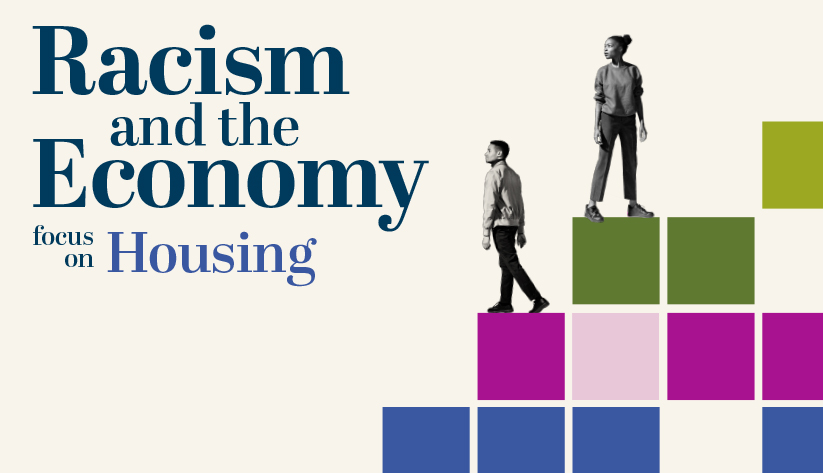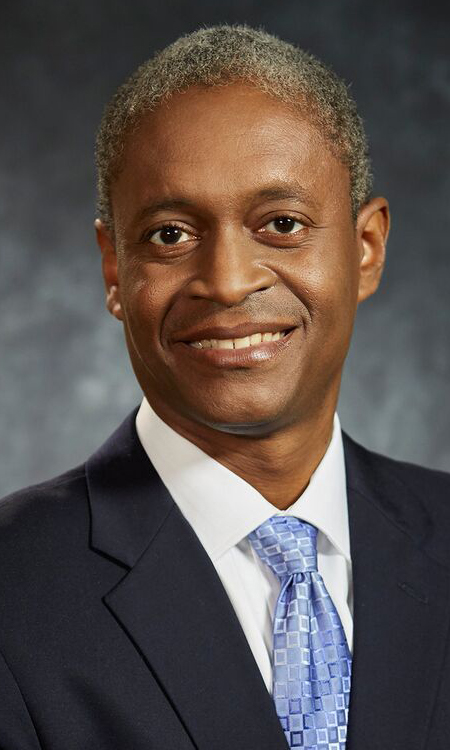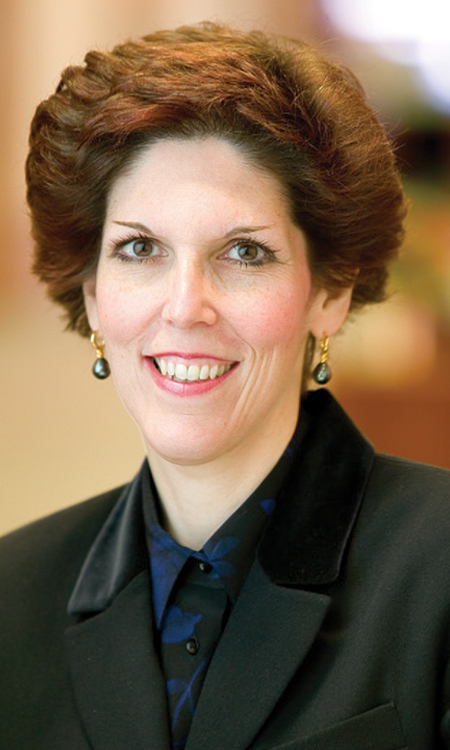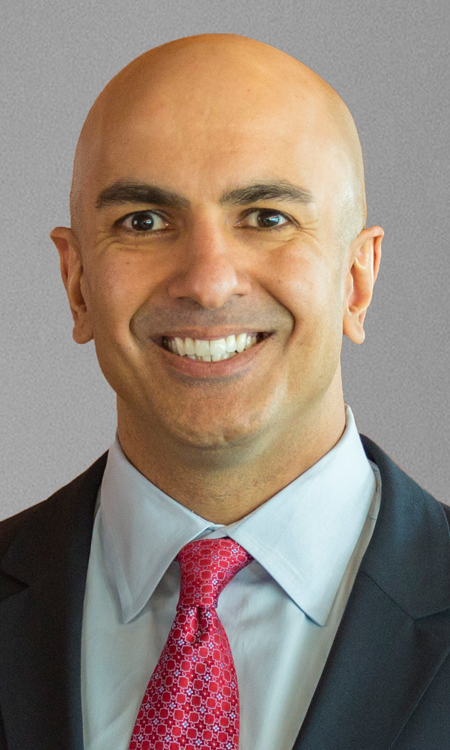
A March 1 webinar from the Federal Reserve will explore racial inequities in housing and housing finance, concerns that underlie a range of enduring economic disparities.

Atlanta Fed president Raphael Bostic. Photo by David Fine
“Racism and the Economy: Focus on Housing” will feature two of the nation’s leading thinkers on race, housing, and the roots of economic exclusion: Andre M. Perry of the Brookings Institution and Keeanga-Yamahtta Taylor of Princeton University. Three Federal Reserve Bank presidents will join the conversation: Raphael Bostic of the Atlanta Fed, Neel Kashkari of the Minneapolis Fed, and Loretta Mester of the Cleveland Fed.
Perry’s research has illuminated how segregation, discrimination, and devaluation have worsened economic and social disparities between Black and white people. Perry, a senior fellow in the Metropolitan Policy Program at Brookings, also has mapped how racial inequities caused by discriminatory housing, economic, and health policies have made residents of majority-Black neighborhoods more vulnerable to COVID-19.
Taylor, an assistant professor in Princeton’s Department of African-American Studies, was a Pulitzer Prize finalist in history for her 2019 book, Race for Profit: How Banks and the Real Estate Industry Undermined Black Homeownership. Her book maintains that the Housing and Urban Development Act of 1968 failed to eradicate racist exclusion—its ostensible purpose—and instead opened the door to predatory private-sector practices that trapped Black home owners in ruinous financing arrangements.

Cleveland Fed president Loretta Mester. Photo courtesy of the Cleveland Fed
Perry and Taylor will outline how racial exclusion and predatory practices have limited housing opportunities and wealth-building for communities of color. Leaders from the public, nonprofit, and academic sectors will then present policy proposals for dismantling the deep inequities in housing valuation, mortgage lending, and patterns of housing development. These proposals are intended to prompt a conversation among researchers, policymakers, and community leaders.
Housing is fundamental
A growing body of research suggests that affordable, safe, and stable housing is core to achieving economic opportunity. By contrast, lacking access to decent housing can lead to numerous damaging economic outcomes. Substandard living conditions can be physically dangerous and limit access to quality health care, education, transportation, jobs, job training, and ultimately wealth creation.
The racism, including legal discrimination, that created economic barriers for the households of Black and indigenous people of color (while benefiting white households) has roots that go back decades. For example, the GI Bill—signed into law in 1944—largely excluded Black service members from purchasing homes on generous terms, thus closing off a key source of generational wealth. As millions of white home owners built nest eggs atop rising home values, most Blacks who had served their country were not afforded the same opportunity.

Minneapolis Fed president Neel Kashkari. Photo courtesy of the Minneapolis Fed
In Race for Profit, Taylor points out that the National Association of Real Estate Boards in the 1920s threatened punishment and expulsion to any broker who sold a home on an all-white block to a Black family. Similar language appeared in the organization’s code of ethics until the 1950s. It was an article of faith among appraisers, Taylor wrote, that racial diversity hurt property values.
Vestiges of past racist practices in housing and housing finance systems and the ongoing devaluation of communities of color continue to undermine economic mobility and resilience, particularly among Black and Hispanic Americans. By registering to join the next Racism and the Economy session, free of charge, you can learn what is being done—and what remains to be done—to confront these pressing problems.
The event is part of the Fed’s Racism and the Economy series that began in October 2020 to build an understanding of the role of racism in uneven economic outcomes and to promote actions to dismantle structural racism. Previous installments have examined racial disparities in the labor market and education. The series will run through 2021 and will include discussions on health, wealth, entrepreneurship, and racism in the economics profession.




